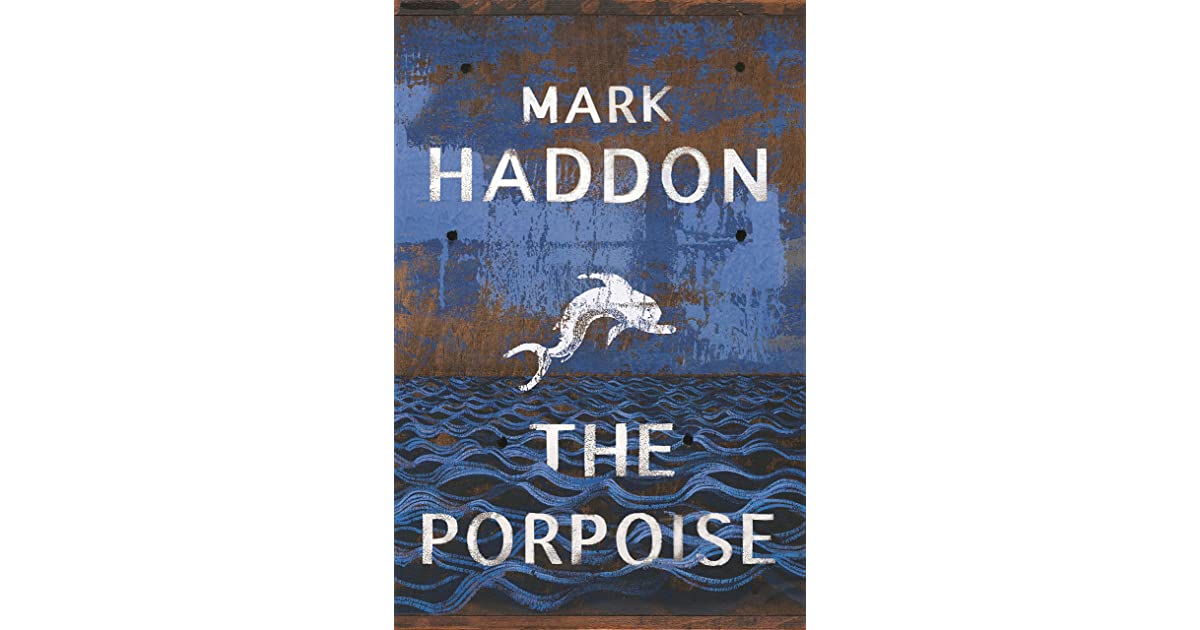Since his gargantuan 2003 hit, The Curious Incident of the Dog in the Night-Time, Mark Haddon has steered away from children’s literature and genre-hopped in each of his novels since. The Porpoise carries on this trend, turning to a mix of family drama, epic myth, and fantasy.
It begins with a rather distant, third-person narrative, focusing on a plane crash that kills its pilot and two passengers—one of them a famous actress, Maja, who was pregnant. It’s a stark and intriguing opening, and the subsequent events fast-forward through the life of Maja’s widow, Philippe, and child, Angelina (saved from the womb). By the time we reach Angelina’s teenage years, the tone takes an even darker turn as it becomes clear Philippe is a peadophile, abusing Angelina and keeping her captive in a palatial, isolated life. It’s grim reading but hope emerges in the form of Darius, an art dealer’s son who, upon arrival at Philippe’s mansion, senses Angelina is in danger and makes a rescue attempt. Elements of the thriller genre and the high stakes engage the reader here, and it is at this point that we really feel the novel has found its rhythm.
However, an unexpected shift in narrative mode upsets reader expectations. Darius abruptly finds himself on board a fantastical ship—the titular Porpoise—and is now Pericles, the eponymous character from one of Shakespeare’s lesser-known plays. It’s almost as inexplicable as it sounds. We seem to be following Angelina’s daydreams. Her nightmarish life has forced her into a fantasy world in her head, imagining what might have come of Darius and how he might yet return to save her. It’s an entertaining concept but quickly usurps most of the remainder of the novel which is spent following Pericles and his adventures and tribulations traveling from port to port. Unfortunately, none of it is anywhere near as captivating as Angelina’s original storyline, which is abandoned except for a few sporadic reminders. The narrator even warps us to Elizabethan London at points to visit Shakespeare as he collaborates on his play! The format is reminiscent of Cloud Atlas or even Life of Pi but loses itself in descriptive minutiae, endless characters and repetitive plot points.
The novel is clearly intensely researched and Haddon wants to play with parable and myth via a Shakespeare play he can easily tinker with. It loses engagement though, and becomes imbalanced and bogged down in unedited detail. The initial premise is simply lost in an offputting experiment with form run wild.
